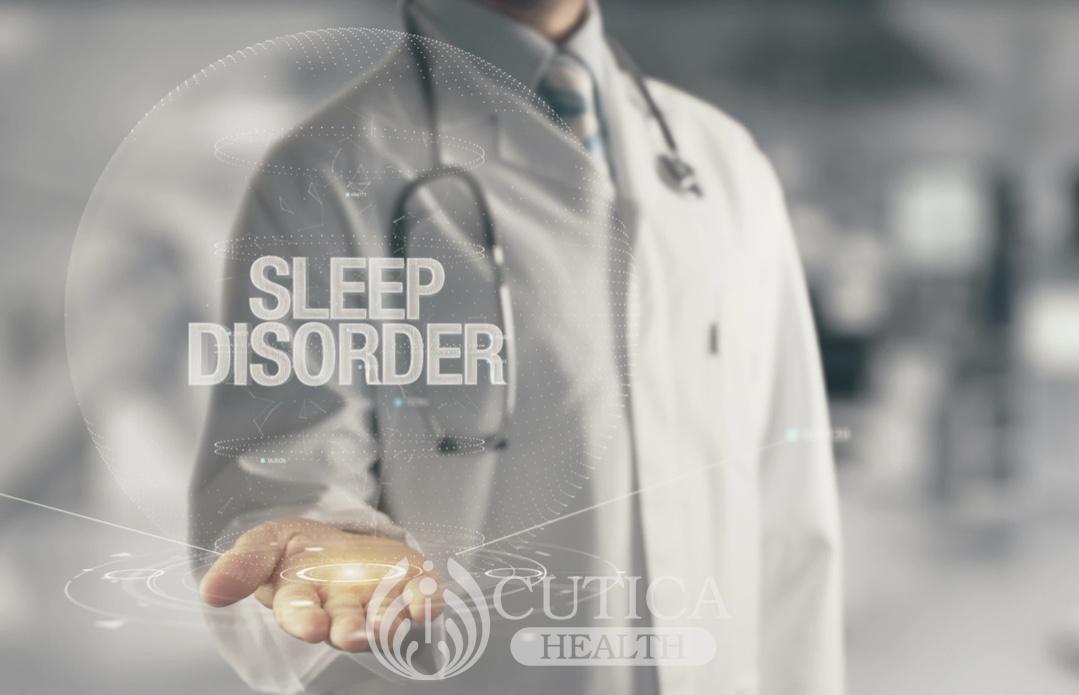
“I think there is something wrong with my kidneys, been feeling a dull pain in my abdomen and a low back pain,” she says, with a sad and fearful undertone.
“Aubrey, stop all your occasional worries about any little pain. It could be an ulcer, or nothing you have to worry about,” her roommate replies in a ‘here we go again’ kind of way.
“But I rarely miss my meals,” Aubrey affirmed.
“Probably you should go see a doctor this time, so you could get rid of these doubts,” her roommate suggested.
(At the doctor’s office)
“Doctor, I think I might have a bad kidney,” she recounts all the symptoms she told her roommate. “I want you to run some tests for me,” she continues, rarely granting the doctor audience.
(After several hysterics, the doctor agreed. Days later, the test result showed that her kidneys and health were in perfect condition. She was calm after getting the result only to go back to that doctor’s office two weeks later with the same ‘symptoms’ and if he didn’t know the first time, now he knew she was hypochondriac).
HYPOCHONDRIA
This is a condition that involves the concerned individuals worrying excessively about having a grave illness. It could affect people at any point in their lives, but it most often affects people in their early adulthood.
Hypochondriacs, who have an inkling about the signs and symptoms of the imagined illness probably from online searches and hear-says, may develop some of those signs and symptoms. The fear of having the illness could last for six months and cause the individual great distress.
During these months, every ounce of happiness and willingness to live gets snuffed out of the hypochondriac.
Signs of having hypochondria

1. The person worries about the slightest tingling or pain felt. For example, a slight stomach pain could spell liver damage or colon cancer for the hypochondriac, a headache could only mean there is a tumor up there, and a minor cough is self-diagnosed as tuberculosis.
2. Hypochondriacs develop distrust in their doctors because of the lack of a symptom reliever. Thus:
a. They are never satisfied with reassuring words from doctors such as, “We found nothing, you are perfectly okay”;
b. They change their hospitals many times a year due to doctor’s refusal for repeated scans and tests.
3. Such individuals have a strained relationship with medical practitioners as they become ‘assistant doctors’ during medical visitations.
4. Such individuals suffer from anxiety, nervousness, and depression.
Causes
The exact cause of this condition isn’t known. Though some factors stated below might aid its development:
- The passing away of a loved one who had a serious illness.
- The internet, which is the greatest breeder of Hypochondria.
- Major disease outbreaks and pandemics such as COVID-19.
- A history of having a serious illness as a child.
- Poor ability to express emotions.
- A genetic contribution, with heritability estimates ranging around 10-37%.
Treatment

1. Psychotherapy especially Cognitive Behavioral Therapy (CBT).
2. Prescribed use of antidepressants and antipsychotics can reduce the symptoms in severe cases.
3. Maintaining the same doctor.
Advice to youths
The internet only adds to fears of having a grave illness. Therefore, give up that urge to get the information you need from a few mouse clicks every time you experience a slight symptom. Remember, medical information on the internet is not always accurate. Also, if you know anyone who has hypochondria, do not dismiss their fears or label them as attention-seekers. Care for them and encourage them to seek medical attention.












